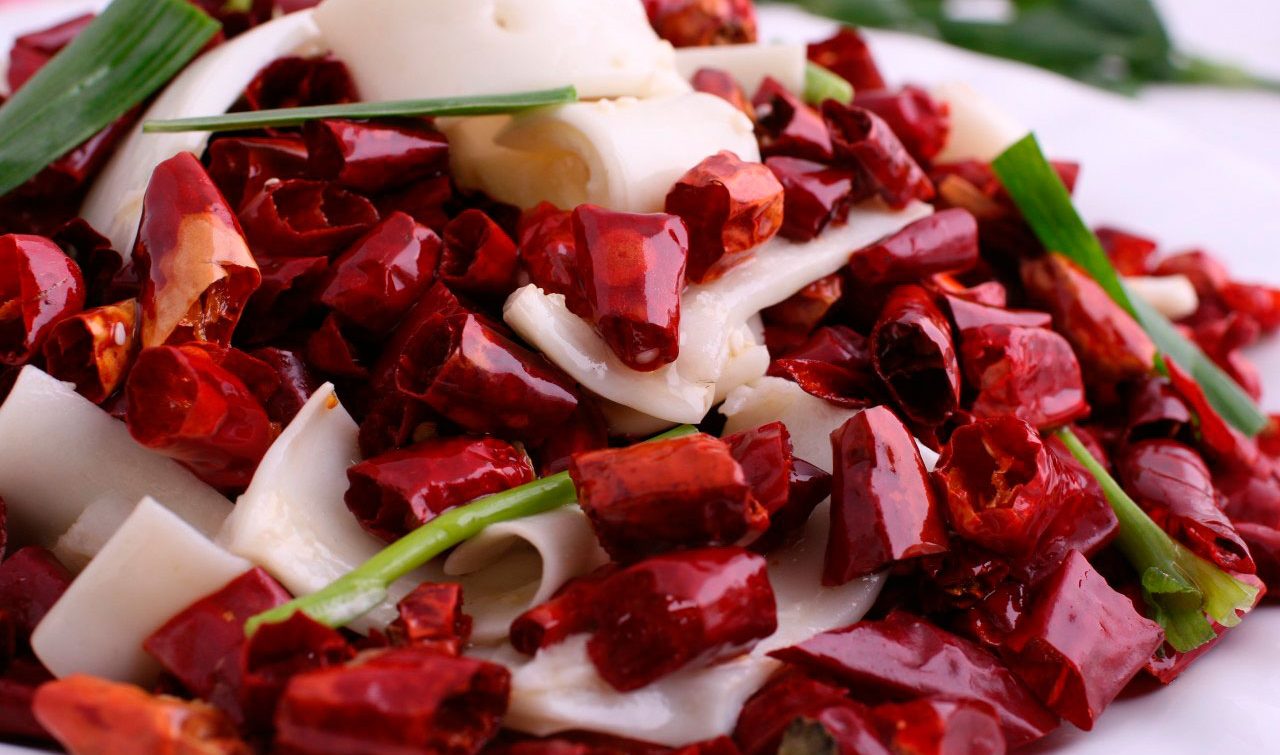How to Live Longer: Eat Spicy Foods

Cayenne, cinnamon, turmeric, sage, basil, and other spices may improve your health and perhaps even extend your life. Here's what you should know.
It’s been said that variety is the spice of life. Eating a variety of spices, it seems, may keep you alive longer.
Studies of individual herbs and spices have supported that idea, documenting effects like fighting inflammation, which fuels many illnesses.
Cayenne, for example, contains anti-inflammatory antioxidants that may help ward off heart disease. One study of more than 16,000 U.S. adults concluded that people who ate hot red chili peppers during 20 years were about 12 percent less likely to die.
YOU MIGHT ALSO LIKE: Adding Turmeric to Your Food Could Protect Your Health
Cinnamon, also loaded with anti-inflammatory antioxidants, may lower blood sugar in patients with type 2 diabetes, among other benefits.
The helpful ingredient in turmeric is a natural compound called curcumin, which also contains anti-inflammatory antioxidants. It may help fight arthritis, high cholesterol, anxiety, and post-exercise muscle soreness, according to some research.
Sage is an antioxidant, but it may also kill the bacteria in your mouth that cause cavities. It might even help you avoid infected gums, a common problem for people. Sweet basil may offer similar benefits.
To harvest the benefits, a simple strategy would be to eat spicy foods as often as you can, which may be of more benefit than taking specific supplements. (Keep in mind that spicy foods can cause stomach acid problems, so you might eat them sparingly if you have such issues.)
One study in China analyzed data from a half million people ages 30 to 70 who did not have cancer, heart disease, or strokes. It concluded that people who ate spicy food 6 or 7 days a week were 14 percent less likely to die than people who ate spicy food only once a week. The protective effect of a spicy diet seemed to reduce deaths from cancer, heart disease, and strokes.
Just eating spicy meals once or twice a week may give you a 10 percent advantage.
Folk medicine has used spices for eons to combat specific ills, applying an observational approach of beneficial health effects. In particular, some believe capsaicin, the ingredient in chili peppers that adds fire to many ethnic dishes may:
- Suppress appetite, leading to weight loss
- Kill prostate cancer cells
- Reduce inflammation
- Lower high blood pressure
- Fight cancer
Capsaicin may produce a rush of mood-boosting chemicals that lower your perception of pain. So, even though your mouth may burn, you may decide that the overall effect is worth it.
Some people have used the spice against arthritis pain, itches, and even heartburn.
Other spices that might have health benefits include:
- Allspice
- Anise seed
- Capers
- Coriander
- Cumin
- Mustard seed
- Saffron
- Vanilla beans
- Horseradish
- Cloves
- Fennel seed
- Nutmeg
- Tamarind
- Wasabi
In general, spices are potent sources of vitamins and sometimes minerals. Cumin, for example, may help digestion, triggering stomach enzymes that break down food, while providing antioxidants.
Consider making dishes from countries that historically use spices generously, including Mexico, India, China, and Thailand.
Updated:
July 28, 2023
Reviewed By:
Christopher Nystuen, MD, MBA and Janet O'Dell, RN